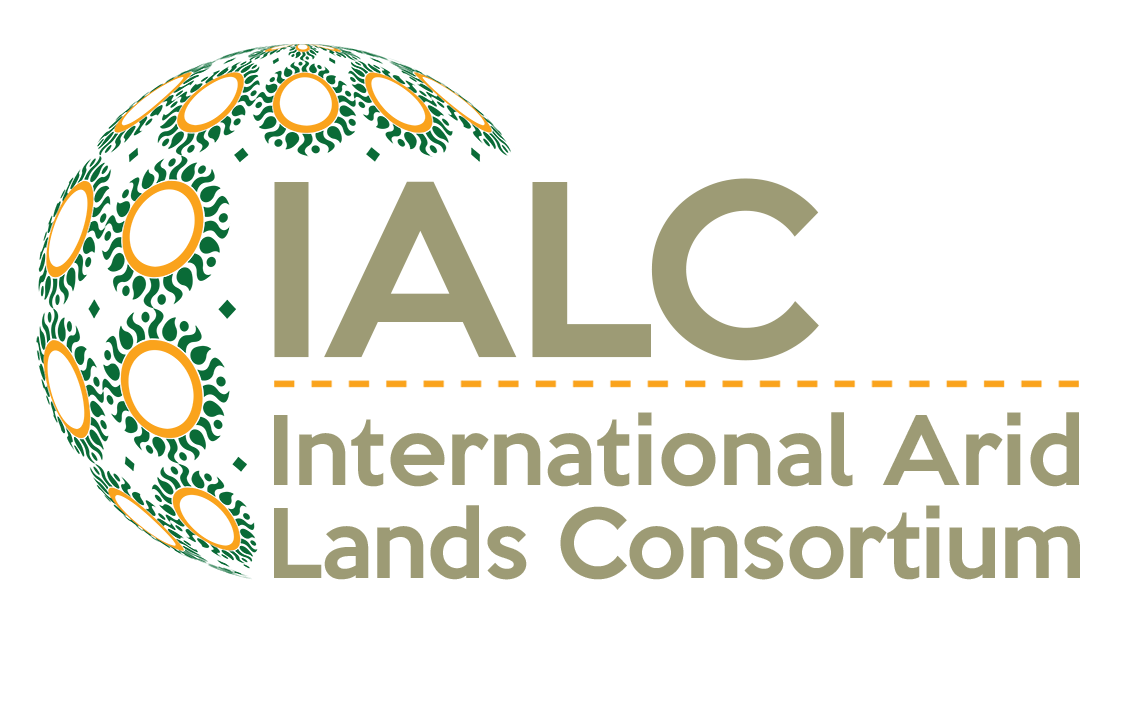Collection of Cold-Tolerant Opuntia Fruit Clones in Northern Mexico and Their Field Evaluation in Texas and Israel
Investigators (most current known information)
Proposal Abstract
After obtaining some exciting preliminary data from RAPDs (DNA mapping) in Dr. Andre Paterson's laboratory in College Station this winter, Dr. Xingong Wang returned to the Kingsville campus to begin hybridization and fruit analyses for this year's cactus fruit crop. Despite adverse climatic conditions i.e. -7 C in January, severe hail Easter Sunday and excessive spring rains, postdoctoral research associate Dr. Wang hybridized nearly 500 fruit this spring. This was only possible due to the hybridization manipulation experiments conducted the previous year. The objective was to combine cold hardiness, low seediness, high yields, and high sugar concentrations. Over 200 seeds were from 20 of these crosses.
We were particularly gratified to have obtained seed from the cross involving the native spiny Opuntia lindheimerii and several of the commercial spineless fruit varieties. As the native variety is completely cold-hardy to this area (down to -20 C), it is reasonable to expect that a few progeny from crosses with non-cold-hardy Mexican fruit varieties and the native will possess good cold hardiness and good fruit quality. A few crosses are noteworthy. The cross 1279 by 1383 is interesting since 1279 is a spineless, large, red-fruited variety with small seeds, high yield, a dwarf-compact shape, good disease resistance but average sugar concentration. Clone 1383 is a spiny, yellow-fruited variety with excellent fruit firmness and high sugar, but is too tall and has disease problems. All crosses with 1319 and 1321 are of considerable interest since these Chilean clones have the greatest sugar concentration and the lowest seed size. Unfortunately these clones are very low yielding. Therefore combinations of these clones with high yielding varieties such as 1380 and 1277 should yield very interesting genetic materials. On June 28 we had a cactus field day in which about 100 local residents visited the plots, tasted cactus fruits and were provided free planting stock for their homes. A commercial organic citrus grower has since obtained planting stock to diversify his citrus plantings. He had found cactus of interest because cactus is more cold-hardy than citrus, cactus requires less water than citrus, and cactus fruits are ripe when no citrus is ripe thus permitting better utilization of packing facilities and personnel.
A comprehensive view data base on the spreadsheet Excel was completed that lists the production, fruit quality, thorn characters and freeze resistance for every year that measurements have been made.
This summer Patrick Holian shot video footage for an IALC video of our research on cactus and a local farmer who is growing some of our genetic varieties.
In September we organized another Professional Association for Cactus Development conference in which delegates from Argentina, Chile, Peru, and Mexico were present. The first issue of the Journal of the Professional Association for Cactus Development was produced. A major theme of this year's conference was relations between food quality, medical benefits of soluble fiber, effects of cactus on diabetes, and characterization of the mucilage in cactus for commercial gum utilization (like guar and xanthan gums).
Outcome
Articles in Journals
Chavez-Ramirez, F., X. Wang, K. Jones, D. Hewitt and P. Felker. 1997. "Ecological characterization of Opuntia clones in south Texas: Implications for wildlife herbivory and frugivory." Journal of the Professional Association for Cactus Development 2:9-19.
Parish, J. and P. Felker. 1997. "Fruit quality and production of cactus pear (Opuntia spp.) fruit clones selected for increased frost hardiness." Journal of Arid Environments 37:123-143.
Wang, X., P. Felker, A. Paterson, Y. Mizrahi, A. Nerd and C. Mondragon-Jacobo. 1997. "Cross-hybridization and seed germination in Opuntia species." Journal of the Professional Association for Cactus Development 1:49-60.

